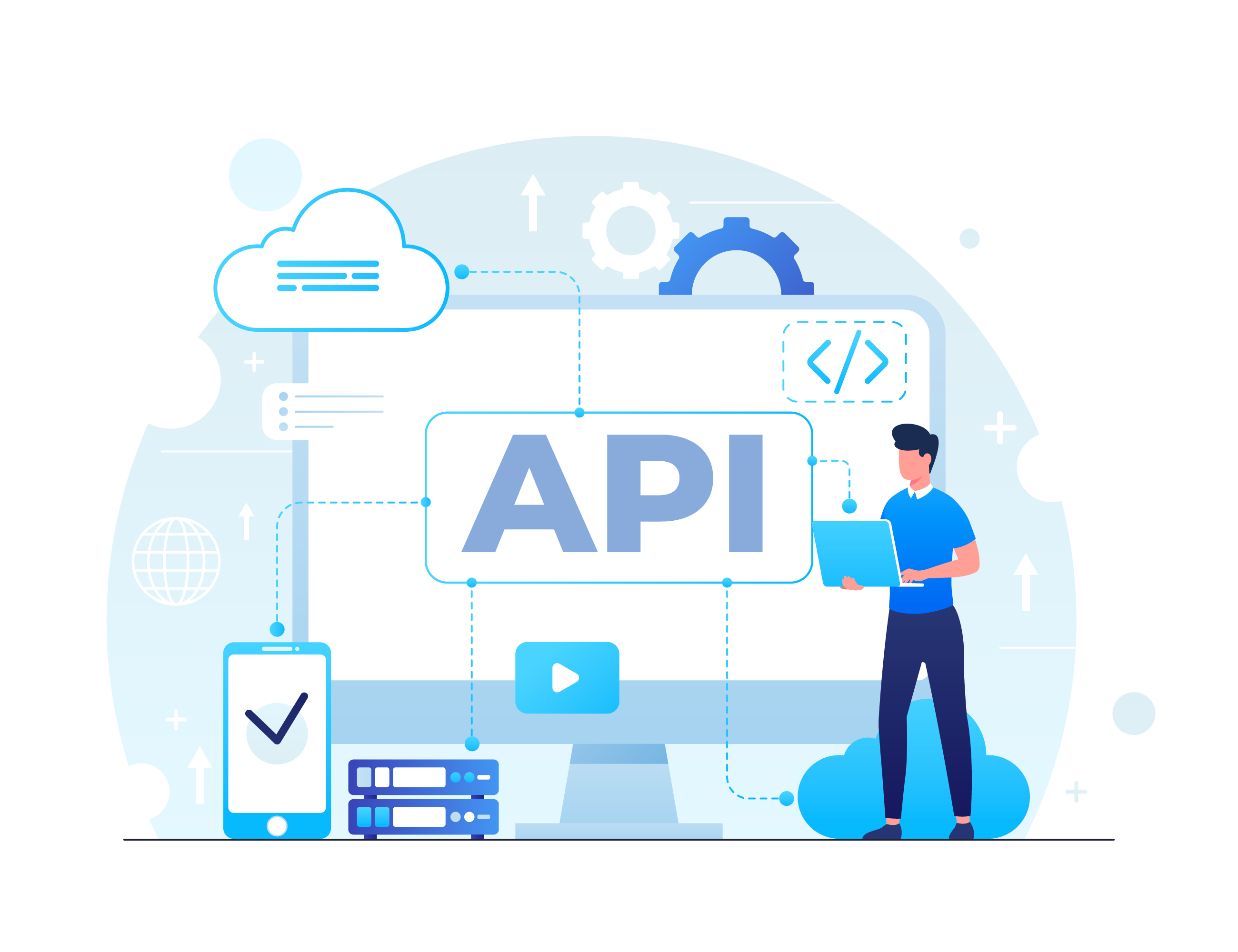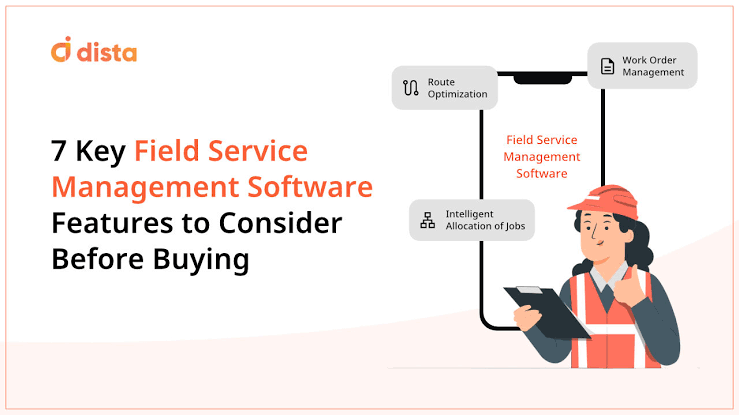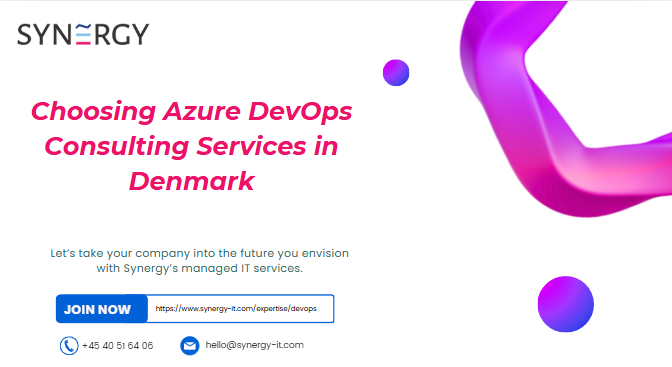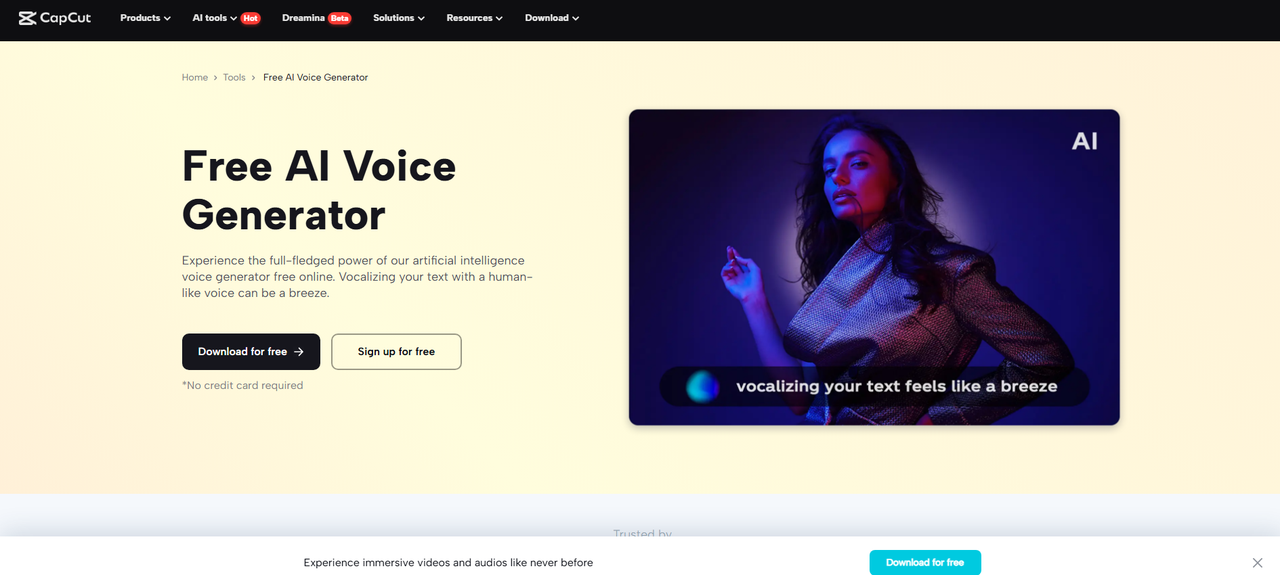Harnessing Salesforce APIs for Seamless App Integration

Strong 8k brings an ultra-HD IPTV experience to your living room and your pocket.
In the rapidly evolving digital landscape, businesses depend on interconnected systems to maintain efficiency and competitiveness. However, managing isolated platforms often results in inefficiencies, data silos, and duplicated efforts. This is where Salesforce APIs emerge as a game-changer. They enable seamless integration between Salesforce and external systems, ensuring data consistency, process automation, and operational excellence. By leveraging Salesforce APIs, businesses can create a unified ecosystem that enhances productivity and delivers superior customer experiences.
Understanding Salesforce APIs
Salesforce APIs (Application Programming Interfaces) are tools that allow different software systems to communicate and exchange data with Salesforce. They serve as the backbone for connecting Salesforce with third-party applications, custom software, or even other Salesforce instances. These APIs provide developers with the flexibility to build robust integrations that cater to unique business needs while maintaining security and scalability.
Types of Salesforce APIs
Salesforce offers a wide range of APIs to address various integration scenarios. Each API is designed with specific use cases in mind, enabling businesses to choose the right tool for their requirements:
REST API
- Lightweight and simple to use, REST API is perfect for web and mobile app integrations.
- Supports JSON and XML formats for data exchange.
- Commonly used for applications requiring quick, real-time data interactions.
SOAP API
- Ideal for more complex integrations, SOAP API uses XML-based communication.
- Suited for enterprise-grade systems that require advanced security and detailed data structures.
- Commonly used in ERP integrations.
Bulk API
- Designed for handling large volumes of data, Bulk API is ideal for tasks like data migration and batch processing.
- Operates asynchronously to optimize performance for high-data scenarios.
Streaming API
- Enables real-time updates by pushing changes from Salesforce to external systems.
- Essential for building live dashboards or event monitoring tools.
GraphQL API
- Provides a flexible and efficient way to query data by allowing developers to request specific fields.
- Reduces the need for multiple API calls, improving performance for dynamic applications.
Platform Events and Pub/Sub API
- Facilitates event-driven integration by allowing systems to publish and subscribe to events.
- Ideal for asynchronous communication, ensuring real-time responsiveness without overloading systems.
Benefits of Salesforce API Integration
By leveraging Salesforce APIs, businesses can unlock numerous advantages that go beyond basic connectivity. Here are some of the key benefits:
1. Automation and Efficiency
APIs enable the automation of repetitive tasks, such as data synchronization, lead updates, and workflow triggers. This reduces manual effort, minimizes errors, and allows teams to focus on higher-value activities.
2. Centralized Data Management
Integrating systems ensures that data is consistent and up-to-date across platforms. For example, syncing Salesforce with an ERP system eliminates discrepancies in inventory, orders, and customer records.
3. Enhanced User Experiences
With seamless integration, businesses can provide users with unified access to data and tools, reducing friction and improving satisfaction. For instance, a salesperson can access customer insights from multiple systems within Salesforce.
4. Scalability
Salesforce APIs allow businesses to integrate additional systems as they grow. This ensures that the infrastructure evolves with changing business needs without requiring a complete overhaul.
5. Custom Solutions
APIs provide the flexibility to build tailored integrations that address specific business processes, such as industry-specific workflows or unique operational requirements.
Real-World Use Cases of Salesforce APIs
Salesforce APIs are used across industries to solve complex business challenges. Here are a few practical examples:
Sales and Marketing Integration
Salesforce APIs enable the seamless exchange of data between Salesforce and marketing platforms like HubSpot, Marketo, or Mailchimp. Businesses can:
- Sync leads and contacts between systems.
- Automate campaign performance tracking.
- Personalize customer communication with unified data.
Customer Support Automation
By integrating Salesforce with support tools like Zendesk or Freshdesk, businesses can:
- Create a 360-degree view of customer interactions.
- Automate ticket creation and updates based on customer actions.
- Provide faster resolutions with real-time data sharing.
ERP System Integration
Connecting Salesforce with ERP systems like SAP or Oracle streamlines operations by:
- Syncing order and inventory data in real-time.
- Automating financial reporting and billing processes.
- Providing sales teams with accurate inventory visibility.
Custom Dashboards and Analytics
Using APIs, businesses can pull Salesforce data into custom dashboards built on platforms like Tableau or Power BI. This integration enables:
- Real-time reporting and visualization of key metrics.
- Enhanced decision-making with consolidated insights.
Best Practices for Using Salesforce APIs
To ensure successful integrations, it's essential to follow best practices for Salesforce API usage:
Understand Your Requirements
- Identify the systems and data points that need integration.
- Choose the right API based on your use case (e.g., REST for simple integrations, Bulk API for large data volumes).
Ensure Data Security
- Use Salesforce Shield for encryption and compliance.
- Implement OAuth for secure authentication and access control.
Optimize API Calls
- Avoid unnecessary API calls to prevent hitting rate limits.
- Use GraphQL or Bulk API for efficient data queries.
Monitor and Maintain Integrations
- Regularly monitor API performance and error logs.
- Update integrations as your Salesforce instance evolves.
Leverage Event-Driven Architecture
Use Platform Events or Pub/Sub API to build responsive, event-driven systems that minimize delays.
Why Choose Salesforce Experts for API Integration?
While Salesforce APIs are powerful, implementing seamless integrations requires technical expertise and strategic planning. Here are some reasons why partnering with Salesforce development experts is beneficial:
1. Custom-Tailored Solutions - Experts can design and implement integrations that align perfectly with your business needs, ensuring optimal results.
2. Time and Resource Savings - Avoid the trial-and-error approach by leveraging the experience of professionals who understand Salesforce APIs inside-out.
3. Compliance and Security - Professionals ensure that your integrations adhere to best practices for data security and compliance, minimizing risks.
4. Ongoing Support - With expert assistance, you gain access to ongoing support and maintenance to address issues and adapt to changing requirements.
Unlock the Full Potential of Salesforce with Expert App Development Services
Salesforce API integration is a powerful way to connect systems, automate workflows, and improve operational efficiency. However, to truly harness the potential of Salesforce APIs, you need the right expertise to design and implement tailored solutions.
Our Salesforce app development services are here to help. Whether you’re looking to integrate Salesforce with your existing systems, build custom apps, or enhance your platform’s functionality, we have the expertise to bring your vision to life. Contact us today to explore how we can help you transform your business with seamless Salesforce API integrations!
Also, read: Creating Salesforce Mobile Apps for In-Store Retail Staff
Note: IndiBlogHub features both user-submitted and editorial content. We do not verify third-party contributions. Read our Disclaimer and Privacy Policyfor details.







